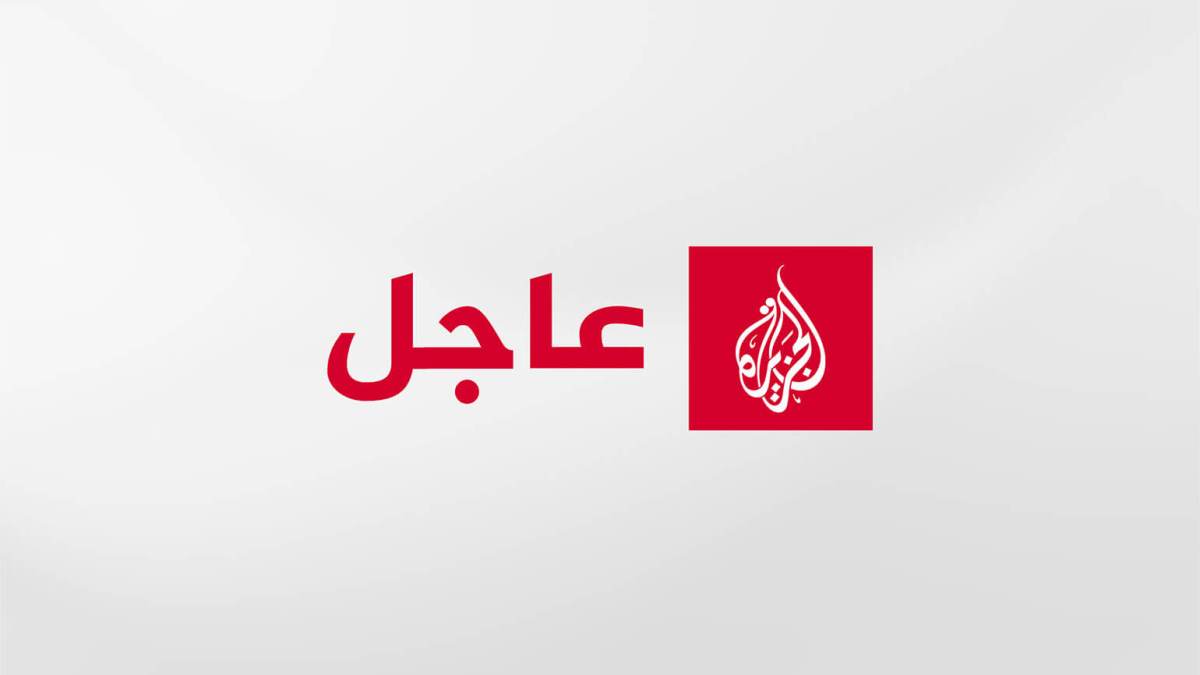The head of the National Salvation Front, Ahmed Najib Chebbi, in Tunisia demanded the departure of President Kais Saied through early presidential elections. In an interview with Al-Jazeera, Chebbi described the crisis in the country as escalating and accelerating dangerously.
For his part, Saeed accused those he described as steeped in corruption of seeking to strike the internal and external security of the state by fabricating crises.
This comes as the Labor Union announced a general strike in the transport sector by land, sea and air next month.
Al-Shabi explained that President Qais Saeed is on his way to a dead end, pointing out that the developments in Tunisia come in light of the failure of the authority to manage the crisis, and stressed that the country can no longer tolerate more failure, as he described it.
For his part, President Saeed accused those he described as steeped in corruption of seeking to strike the internal and external security of the state by fabricating crises.
Saeed said during a meeting that included the prime minister and a number of ministers, in addition to security and military leaders, that the conditions the country is going through today and what is happening before who he described as deeply immersed in corruption by striking state institutions, amounts to the crime of conspiracy against the internal and external security of the state, as he put it.
This comes while the General University of Transport of the Tunisian General Labor Union decided to implement a general strike in the transport sector by land, sea and air, on January 25 and 26.
The general secretary of the university said in a radio statement that the decision to strike came as a result of the government's disregard for the trade unionists' demands and the trade unionists' complete rejection of privatization in the public institutions of the transport sector.
Tunisian non-governmental organizations had earlier accused the Electoral Commission of threatening freedom of expression, after it took legal measures against media outlets and pages on social media.
Because of alleged irregularities related to the referendum on the new constitution last July.
On December 22, the Independent High Authority for Elections filed 24 complaints before the Court of First Instance in Tunis against media outlets and Facebook pages, on charges including: “defamation,” “assaulting good morals,” “foreign funding,” and “political advertising.” and "insulting the dignity of voters," according to what was stated in the Official Gazette.
The commission said that these violations were committed through leaflets during the electoral campaign for the referendum of last July 25, which witnessed a large abstention in the vote on a new constitution, imposing an enhanced presidential system proposed by President Kais Saied.
In a joint statement, 28 Tunisian non-governmental organizations denounced "threats made by the Electoral Commission against freedom of opinion and expression, which amounted to censorship of the media," and considered it "a backward, poor practice hostile to freedoms."
It also attacked NGOs;
Among them: the Journalists Syndicate, the Tunisian Association for Rights and Freedoms, and the Tunisian Organization for the Prevention of Torture, the "censorship" practiced by the commission, and the "police's role in monitoring public opinion and the media."
Since President Kais Saied monopolized the executive and legislative powers in July 2021, many local and international non-governmental organizations have denounced the decline in freedoms in Tunisia.

